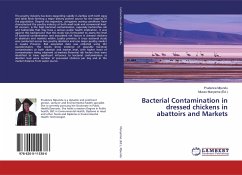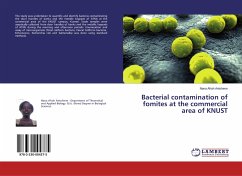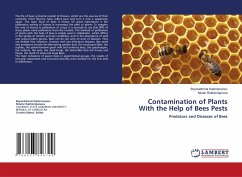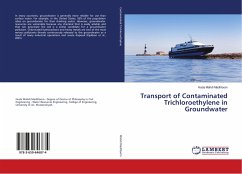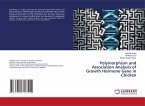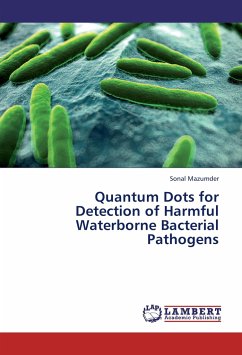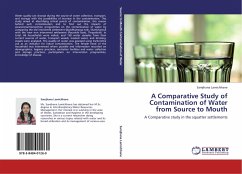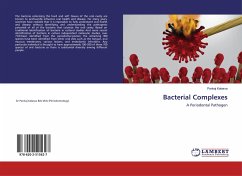The poultry industry has been expanding rapidly in Zambia with both eggs and table birds forming a major dietary protein source for the majority of the population. Despite this expansion, unhygienic rearing conditions have characterized the poultry industry at both small scale and commercial level. Of concern, is the high bacterial contamination, especially Escherichia coli and Salmonella that may have a serious public health implication. It was against this background that this study was formulated to assess the level of bacterial contamination and associated risk factors in dressed chickens at abattoirs and markets within Lusaka province. A cross sectional study was conducted across two poultry abattoirs and one major poultry market in Lusaka Province. Risk associated data was collected using 261 questionnaires. The results show evidence of plausible bacterial contamination at both abattoir and market level, with higher levels of contamination being observed at markets.Potential risk factors that were identified to have significant influence to bacterial contamination at abattoir level were number of processed chickens per day and at the market distance from water source.

